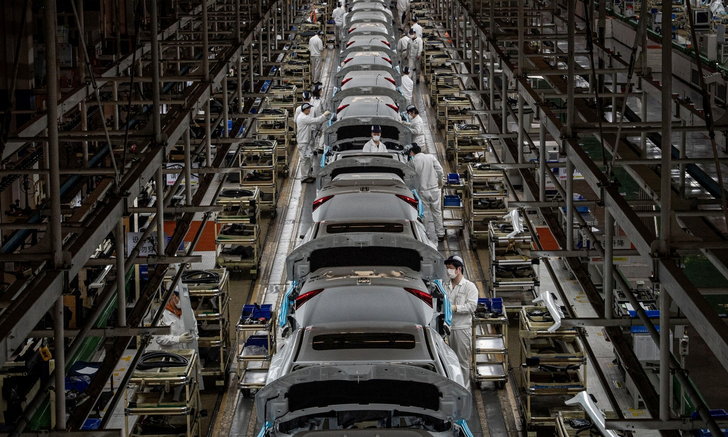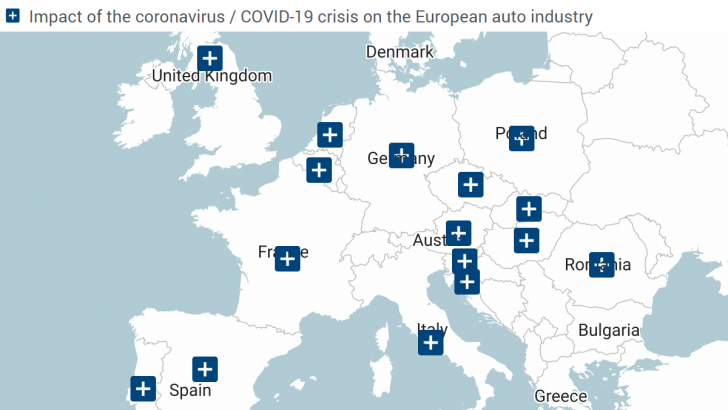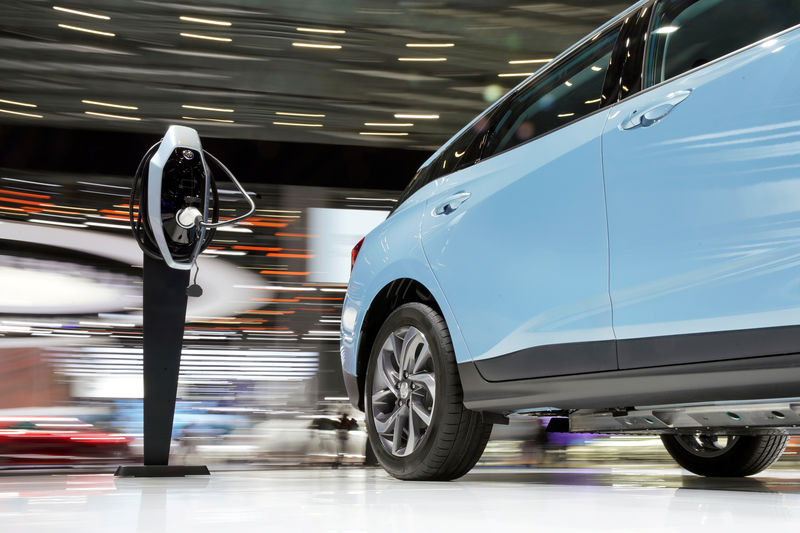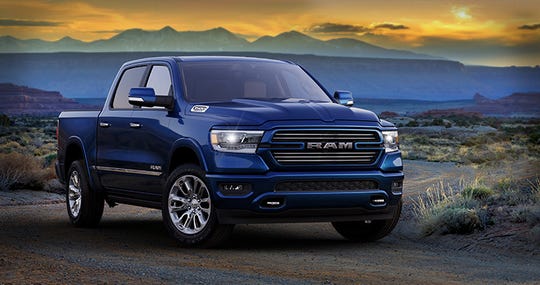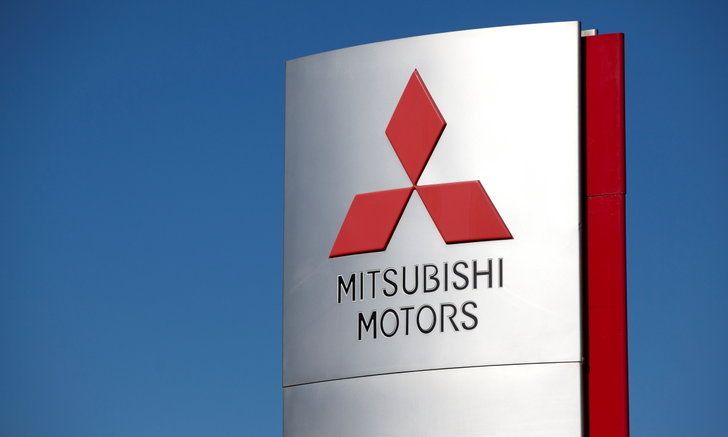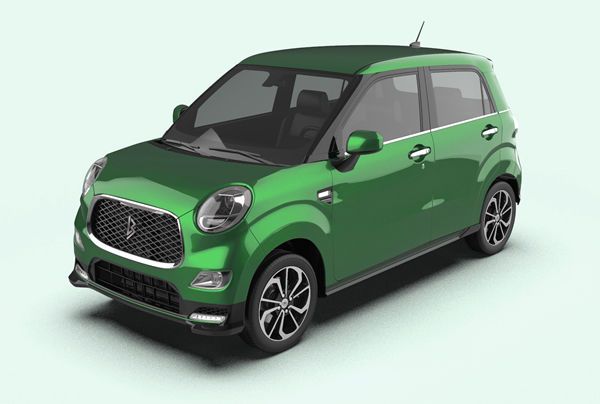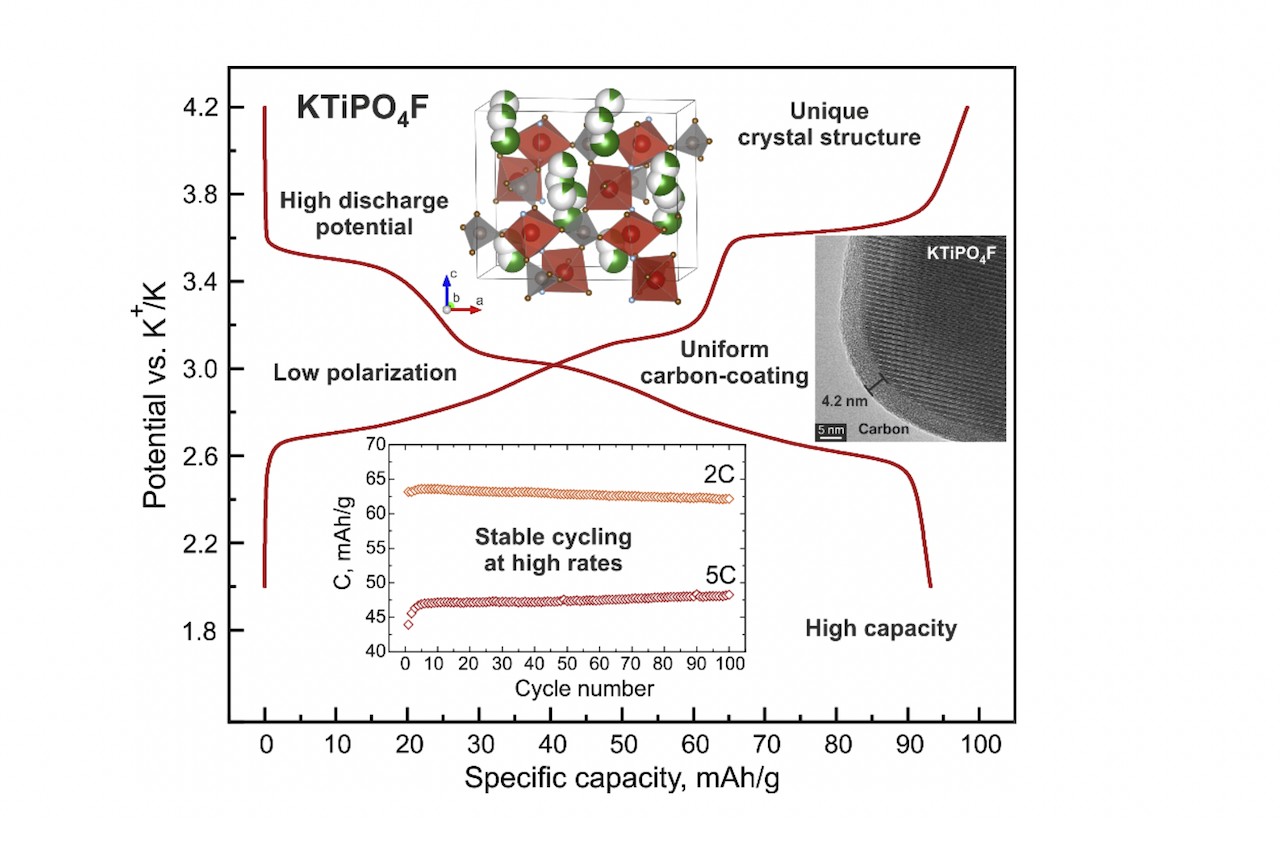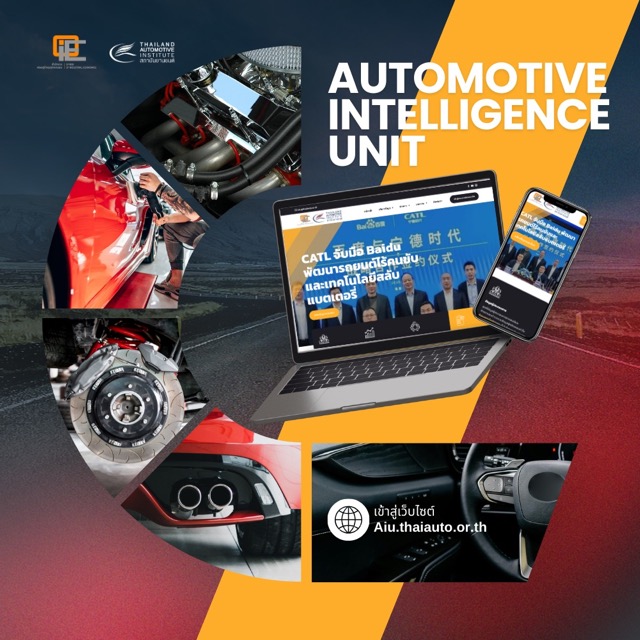- Silver
- สมาชิกระดับ Silver
- ฟรี
- สามารถเข้าถึงข้อมูลข่าวสารขั้นพื้นฐานได้
- ข้อมูลผู้ประกอบการต่างประเทศ
- ข้อมูลสถิติในประเทศและต่างประเทศ
- มาตรการทางการค้าระหว่างประเทศ
- กฎ ระเบียบ นโยบายในประเทศ
- เทคโนโลยี และงานวิจัย
- สมัครสมาชิก
ค้นหาข้อมูล
ความเคลื่อนไหวในอุตสาหกรรม
ปิดเมืองอย่างแน่นหนามาอย่างยาวนานสำหรับ อู่ฮั่น ประเทศจีน ที่การแพร่ระบาดของโรคติดเชื้อโควิด-19 แพร่ระบาดอย่างหนักเป็นแห่งแรก
- รายละเอียด
- หมวด: ความเคลื่อนไหวในอุตสาหกรรม
- อ่าน: 1940 ครั้ง
จากสถานการณ์แพร่ระบาดของไวรัส COVID-19 ส่งผลให้ผู้ผลิตรถยนต์ในยุโรปประกาศหยุดการผลิตรถยนต์
- รายละเอียด
- หมวด: ความเคลื่อนไหวในอุตสาหกรรม
- อ่าน: 1674 ครั้ง
กระทรวงอุตสาหกรรมและเทคโนโลยีสารสนเทศจีน เปิดเผยว่าปัจจุบันสถานการณ์ของอุตสาหกรรม NEV
- รายละเอียด
- หมวด: ความเคลื่อนไหวในอุตสาหกรรม
- อ่าน: 1635 ครั้ง
เทรนด์ออนไลน์มา ค่ายรถ - ดีลเลอร์ เดินหน้าผนึกกำลังดิจิทัลแพลทฟอร์ม " LINE " หวังเป็นทางเลือกในยุค Social Distancing
- รายละเอียด
- หมวด: ความเคลื่อนไหวในอุตสาหกรรม
- อ่าน: 1607 ครั้ง
อุตสาหกรรมยานยนต์ไทยในปี 2563 หนักหนาสาหัส
- รายละเอียด
- หมวด: ความเคลื่อนไหวในอุตสาหกรรม
- อ่าน: 1822 ครั้ง
วันที่ 8 เมษายน Fiat Chrysler เรียกคืนรถยนต์แบรนด์ Chrysler Dodge Jeep และ Ram
- รายละเอียด
- หมวด: ความเคลื่อนไหวในอุตสาหกรรม
- อ่าน: 1566 ครั้ง
ข่าวช็อกวงการยานยนต์ล่าสุดส่งตรงมาจาก บริษัท มิตซูบิชิ มอเตอร์ส เมื่อมีการเปิดเผยว่า พนักงานราว 6,500 คนเตรียมถูกเลย์ออฟ
- รายละเอียด
- หมวด: ความเคลื่อนไหวในอุตสาหกรรม
- อ่าน: 1770 ครั้ง
ตามข้อตกลงเขตการค้าเสรีจีน-อาเซียน มีโปรดักต์ที่นำเข้า-ส่งออกระหว่างกันได้ โดยไม่เสียภาษีนำเข้าคือ รถพลังงานไฟฟ้า 100%
- รายละเอียด
- หมวด: ความเคลื่อนไหวในอุตสาหกรรม
- อ่าน: 1505 ครั้ง
Skoltech Center for Energy Science and Technology ศูนวิจัยด้านเทคโนโลยีพลังงานของสถาบันวิทยาศาสร์และเทคโนโลยี Skoltech ประเทศรัสเซีย
- รายละเอียด
- หมวด: ความเคลื่อนไหวในอุตสาหกรรม
- อ่าน: 1527 ครั้ง

